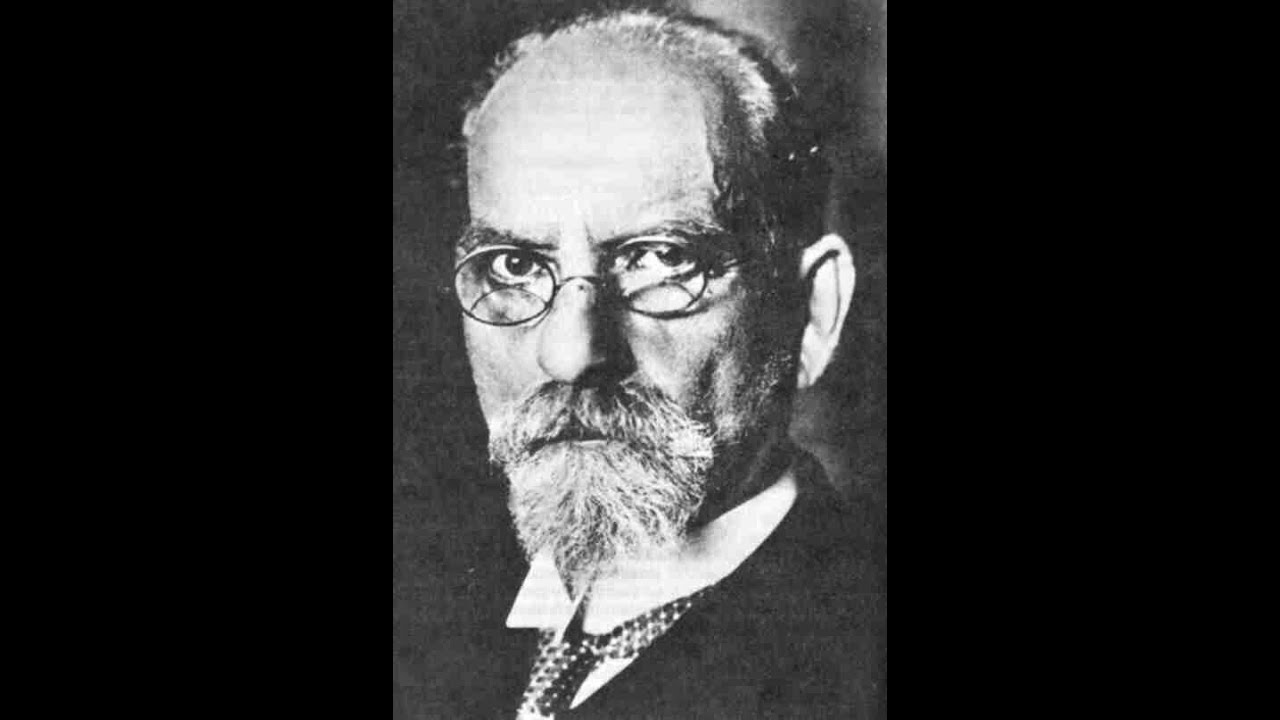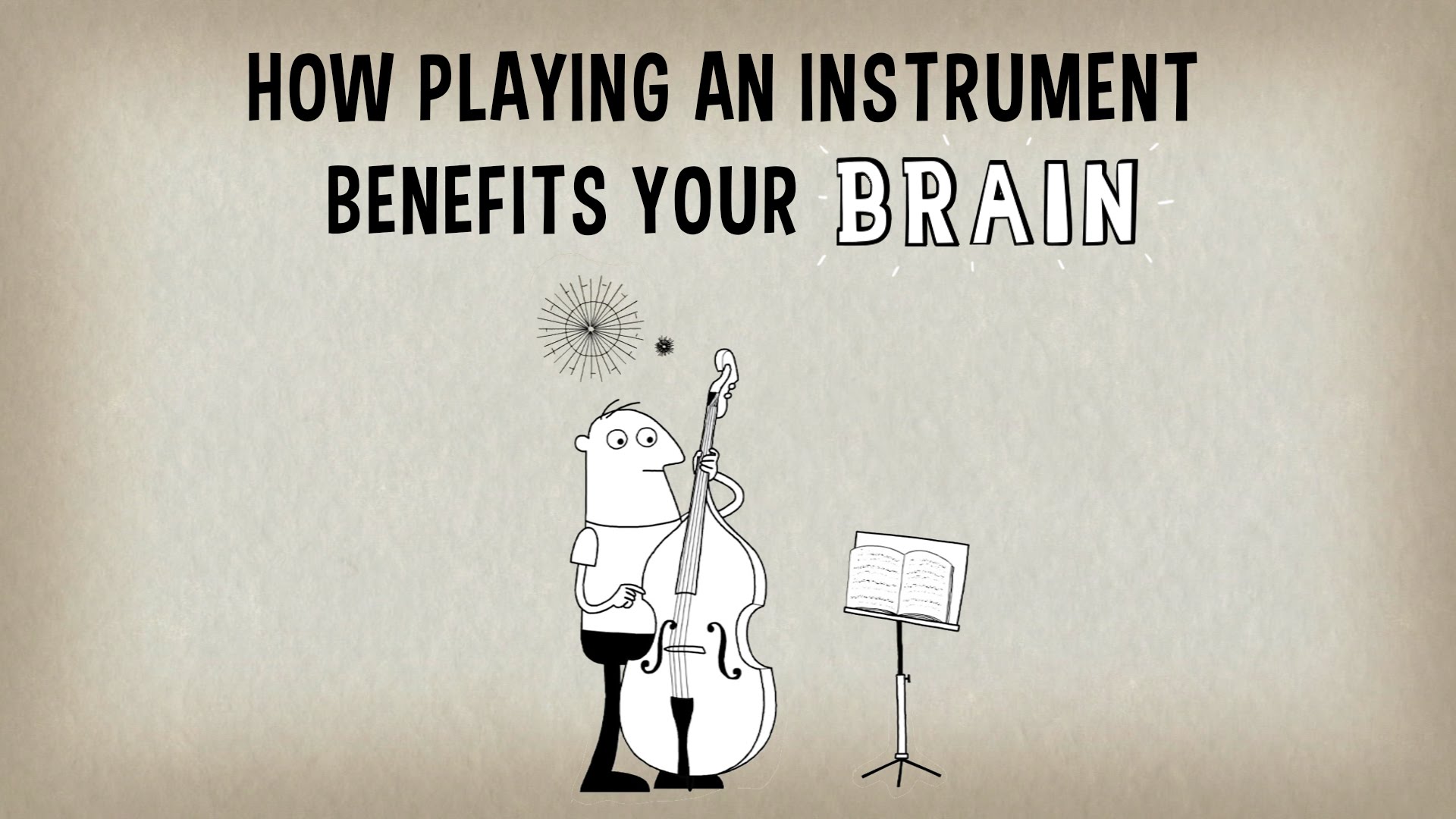This video is intended to be an introduction to the thought of Edmund Husserl, with an emphasis on Ideas and The Crisis. It is not intended to be a comprehensive account of his writing. I do not own these images, nor the music in the video.
Eric Dodson
Source
Husserl & the Adventure of Phenomenology – In 12 Minutes




Great video. I'm reading "Crisis" and writing a philosophical exam project, arguing for a more nuanced scientific understanding of consciousness through (Husserl's) phenomenology. This was just what I needed to collect my thoughts around it, so thank you very much.
Thanks, this explanation will go into my PhD dissertation… with credits of course.
I really like the last part… explaining the crisis of modern world and existential threat posed to humanity as a result of placing too much emphasis on objectivity and forgetting or neglecting the subject altogether in natural sciences and philosophy as well as mother of all these sciences.
are there any sample literary piece that involves phenomenological approach/analysis?
Excellent – thank you.
Great video.
The problem is that it comes down to my words against yours.
I really enjoyed your presentation Eric! Thank you!!
All these sound phony and too much words around nothing.
Jesus Christ!! I think my brain is going to explode! You thought Kant was complicated? You still haven’t tasted phenomenology!!!
Thanks, sir!
So, what is the difference between a phenomenological investigative approach to life and, say, Buddhist Mindful Awareness?
great videos
, could you make one of freud and carl jung?
I mapped both intentionality and group agreement into an animated flowchart systems language that covers both ecology and economic exchange. Here is the playlist:
https://www.youtube.com/watch?v=gpaPgO0QDr0&list=PLT-vY3f9uw3CQstbYxK-QnbT2Agg-u4Oi
Time just flew by watching this
Great explanation. Thank you!
Is it possible to give lengthy videos on time&being prof Eric Dodson?
Not to seem critical, but I believe the intentionality spoken of here is not about Intention with a 't', but Intension with an 's', as in "the intensional context" of a statement, as opposed to intentions which are projects or things at which behavior is aimed as its goal, e.g. "I intended to mow the lawn, so I got out my mower."
Excellent work.
lovely
An excellent summary. Clear and accessible!! Thank you for posting!!
Thank you. So much. My mind was spinning when I tried reading encyclopedias about him.
Isnt Buddhism just the advanced form of Phenomenology?
The best phenomenologist tho is still Marcel Proust, who unfortunately never seems to get mentioned when people are listing phenomenologists. You'd think that to make the list you have to be a bad writer or something
You should do one on Merleau-Ponty, it would be great.
Really enjoyed this! Thank you so much for putting this together.
Forgot to mention Plato's Realism.
Useful for my students in HTM228. Thank you Eric.
I'm not even an english speaker but since there's no good content about this subject in portuguese, here I am, trying to understand phenomenology. Thanks for the video!
By far the single best explanation of Husserl I've ever heard, and so I hope you can hear my wild applause across cyberspace. On the other hand, I think I can distill it down even further and clearer by simply saying that "phenomenology" is the full analysis of phenomena in terms of all components, both the objective AND subjective, and especially the realization that both those things are present whenever we encounter most anything as "phenomena".
Are we ever just experiencing the world objectively? Or do we have some degree of pre-bias and pre-agenda as we go about the world, thus making the phenomena we experience a whole stew of our needs, only perhaps one of which is a true need for actual, unvarnished truth?
Phenomenology is intended to be the fullest possible audit process of everything that is actually happening whenever we are purportedly experiencing anything in the world. It is meant to provide us with a breakdown of all the agendas we actually have whenever we claim we are simply and cleanly "experiencing" some given phenomena.
Finally, the last thing I really must say is that I think "phenomenology" is a really terrible choice of term for all this, because ultimately I think what Husserl was really auditing is not so much the phenomena themselves, but the agent who experiences and perceives. And so I would give it a much more correctly suggestive term like "perceptionology".
nicely done!!! Thank you for your explanation!
Good.
I do believe that phenomenology can be a hope to transcend the gap between religious and scientific explanation of consciousness